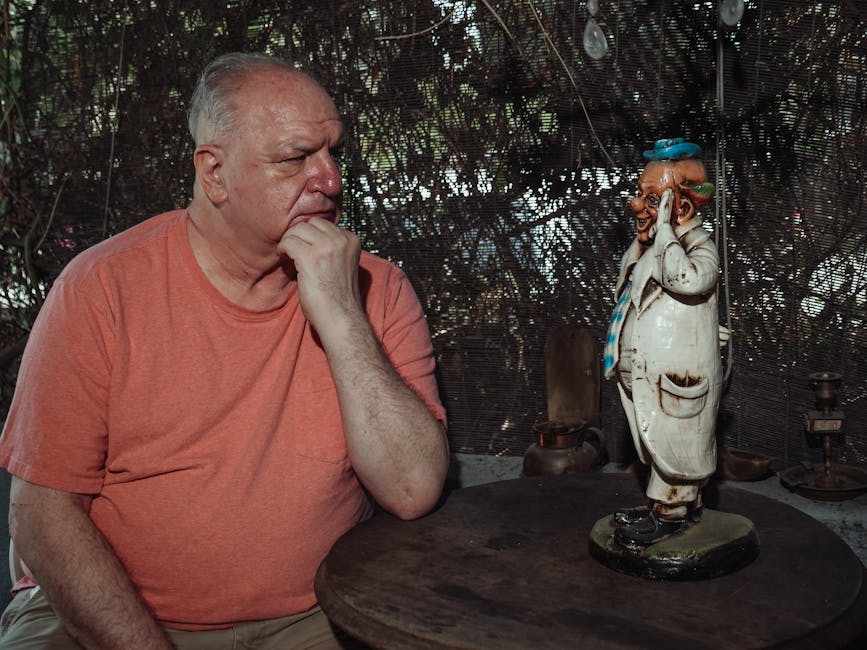The ‘After Election’ Remark: What Did Amit Shah Say?
The political corridors of Delhi and Patna are buzzing, and it’s all thanks to a single, carefully calibrated sentence from Union Home Minister Amit Shah. In the high-stakes, ever-shifting landscape of Bihar politics, certainty is a luxury. This week, Shah ensured that the state’s political future remains as uncertain as ever.
When asked by a news channel if Nitish Kumar, the nine-time Chief Minister and JDU supremo, would continue as the NDA’s CM face for the 2025 assembly elections, Shah’s reply was a masterclass in political ambiguity. He didn’t say yes. He didn’t say no. Instead, he stated that the decision would be made “after the election.”
On the surface, it’s a standard political line. But in the context of Bihar, it’s a loaded statement that has sent ripples across the alliance, effectively opening a Pandora’s box of questions about the power dynamics within the Bihar NDA.
A Calculated Shift in the BJP-JDU Alliance
To understand the weight of this comment, we must look at the context. When Nitish Kumar broke away from the RJD-led Mahagathbandhan in January to rejoin the NDA, the public understanding was that the old formula was back. The BJP, despite being the larger party with 78 MLAs to the JDU’s 45, had once again accepted Nitish Kumar as the coalition leader. It was a pragmatic move aimed at consolidating the anti-RJD vote bank ahead of the crucial 2024 Lok Sabha elections.
However, Amit Shah’s comment signals a crucial shift from ‘accepted leader’ to ‘leader under consideration.’ It effectively puts the 2025 leadership question on the table for negotiation.
BJP’s Dual Strategy: Lok Sabha Focus, Assembly Ambition
Shah’s carefully worded reply reveals a two-pronged strategy for the BJP:
-
Short-Term Goal: Secure the Lok Sabha Polls: The BJP’s immediate priority is the 2024 Lok Sabha election. They need Nitish Kumar’s administrative face and his core EBC (Extremely Backward Classes) vote bank to maximize their seat count in Bihar. Any public declaration of a new CM face would destabilize the government and jeopardize this goal. Shah’s remark cleverly kicks the can down the road, ensuring alliance unity for now.
-
Long-Term Goal: A BJP Chief Minister: More significantly, the statement reveals the BJP’s long-term ambition. The party is no longer content playing second fiddle in a state where it has been the senior partner in seats since 2020. By keeping the CM question open, Shah sends a clear message to his own party cadre: the dream of a BJP Chief Minister in Bihar is very much alive.
A Political Tightrope for Nitish Kumar
For Nitish Kumar, this calculated ambiguity is a political tightrope. His authority has always stemmed from being the indispensable pivot of Bihar politics. But with his party’s legislative strength dwindling, his indispensability is being questioned. Shah’s statement subtly underscores this vulnerability. Nitish Kumar is now more dependent on the BJP’s goodwill, a position he has skilfully avoided for most of his career.
The opposition, led by Tejashwi Yadav’s RJD, will undoubtedly seize upon this. They will frame it as a sign of the BJP’s “use and throw” policy and an insult to a senior leader like Nitish Kumar, arguing that the BJP is merely using him for the Lok Sabha polls before sidelining him.
How Elections Will Decide the Outcome
The final answer to this question will be written by the results of two elections. First, the 2024 Lok Sabha polls. If the NDA sweeps Bihar with a 35+ seat tally, the BJP’s hand will be immensely strengthened. They will argue the victory was powered by Prime Minister Modi’s charisma, giving them the right to call the shots in the 2025 Assembly election.
For now, the Chief Minister’s chair is secure, but the crown is visibly unsettled. Amit Shah has lit a slow-burning fuse, and the Bihar campaign for 2025, it seems, has already begun.




